Resisting the temptation and pressure to have more children.
Having an only child is desirable from a wide range of viewpoints and practicalities, but that doesn’t make decisions about family size any easier. Going from one child to two (or two to three or more) is a dilemma single parents and couples wrestle with, sometimes for years.
The mother of a three-year-old child talked to me about whether or not she really wants a second child. She is not an isolated case of men and women who are asking the same question.
Related: An Open Letter To My Mom: Thank You For Being My Mom

The husband of an almost 40-year-old wants to give their five-year-old a sibling. His wife doesn’t. She told me that she has weakened and agreed to see a fertility specialist, but isn’t sure she can cope with another child.
A friend, age 34, has been teetering on the second baby fence for four years, but her resolve is being undone by pressure from her family to have another. She hesitates Knowing her job (and promotions) will be in jeopardy if she takes another maternity leave.
Although each situation is unique, the profound confusion surrounding the question of having more children is similar. Some people begin with a very practical approach and ask themselves questions like these: What will we give up in time, money, freedom, intimacy, and job advancement with another child in the household? How thin will we be able to stretch our financial resources?
Logic vs. Emotion
Many decisions we make appear to be rational ones: where to vacation; what to wear; how much to exercise, what car to buy. We weigh the pluses and minuses and make a choice or so we believe. But, there’s more going on that affects choice. “When someone makes a decision, the brain is awash in feeling, driven by its inexplicable passions. Even when a person tries to be reasonable and restrained, these emotional impulses secretly influence judgment,” writes Jonah Lehrer in his book, How We Decide.
Nowhere is the emotional component more evident that when deciding whether or not to bring another baby into the world. A good portion of logic and practicality goes out the window. Whether conscious or not, feelings about how you were parented, how you related to your siblings, what friends are doing (and saying), the media portrayal of family, your career or job, the stability of your marriage, and your dreams get factored into this private debate.
Support for Stopping at One
You may be very clear, even emphatic, about how many children you want…or don’t want. You are positive you want two children; there’s no shaking your confidence until you experience parenting one child. Suddenly, it doesn’t seem so easy to welcome another. On the emotional side, you wonder how another child will affect the relationship with the child you have. But then, too often you hear, “He needs a brother or sister.” You begin to waffle.
Before finalizing your decision, consider this stunning support for stopping at one. Hans-Peter Kohler, the sociology professor at the University of Pennsylvania, found that people with children are happier-happier than those without children. The Pew Research Center framed it this way, “As a source of adult happiness and fulfillment, children occupy a pedestal matched only by spouses and situated well above that of jobs, career, friends, hobbies and other relatives.”
Related: 10 Things You Learn From Being Raised By A Strong Mother
But, Kohler also discovered that second and third children don’t increase parents’ happiness. His study of 35,000 adult identical twins in Denmark showed that more children make mothers less happy. On the other hand, “additional children beyond the first child have no effect for males [in relation to happiness].”
Even without hard evidence, we know intuitively that kids add strain in most marriages. Daniel Gilbert, professor of psychology at Harvard, reviewed studies on martial satisfaction and reported in his book, Stumbling on Happiness, that marital satisfaction improves once the last child leaves home.
Watch out this interesting video to know why having one child is awesome:
Given the stresses of modern marriage, job pressures, the cost of raising children, and Kohler’s happiness findings, the increase in one-child families is understandable.
Yet so many people have more children. How did you decide to add to your family? Or, to stop after your first one?
leave a comment below.
Written By: Susan Newman Ph.D
Originally Appeared On Psychologytoday.com
Printed With Permission from the author
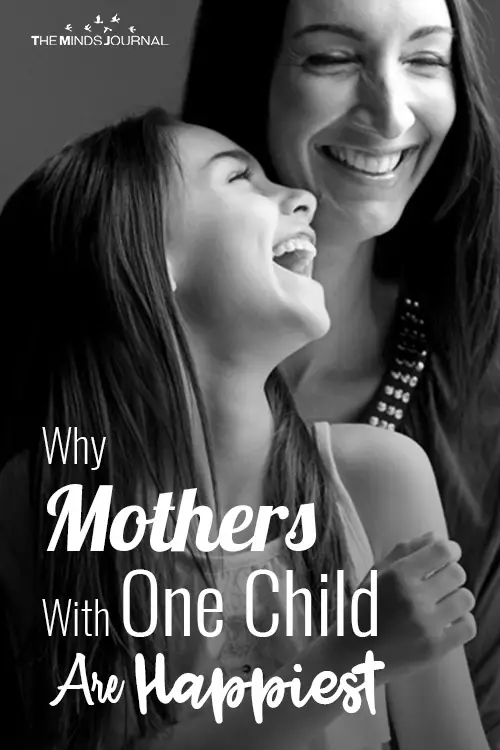
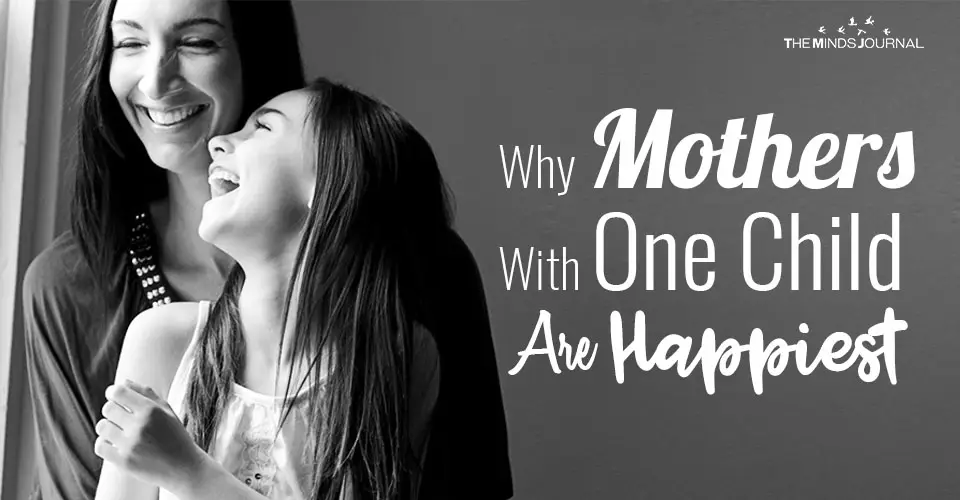




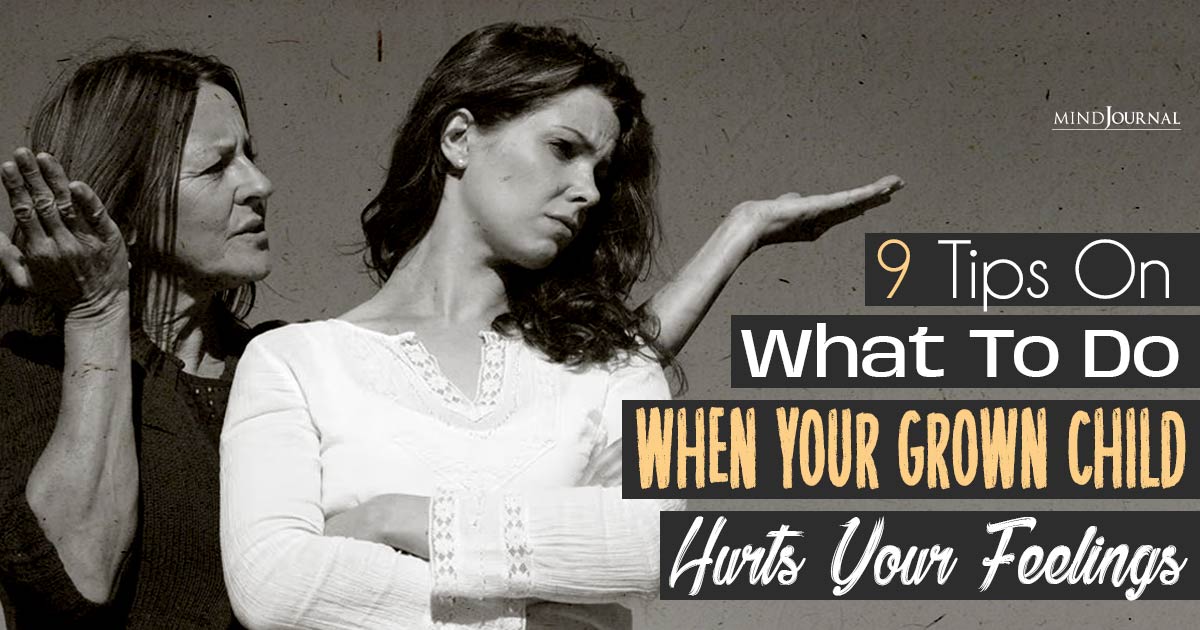
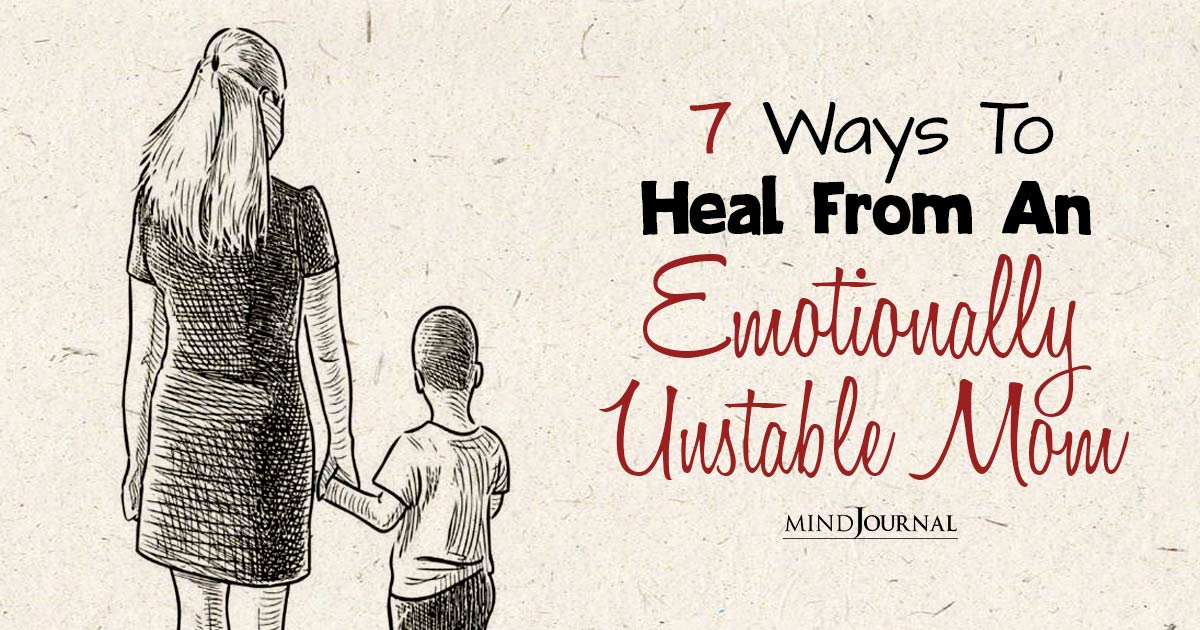
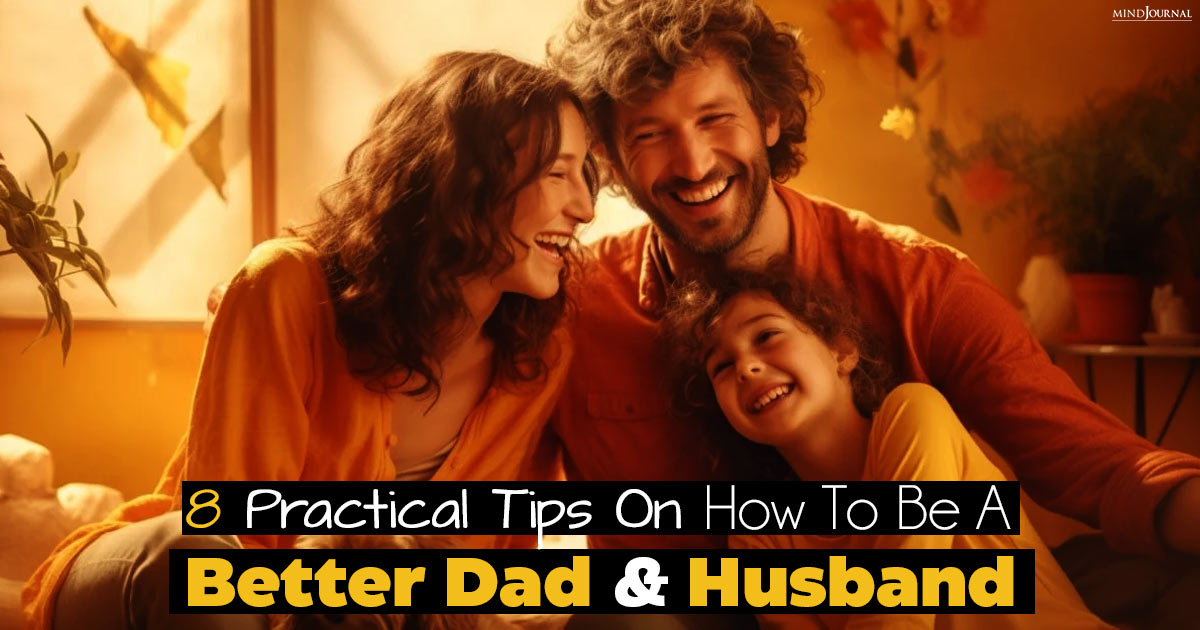
Leave a Reply
You must be logged in to post a comment.